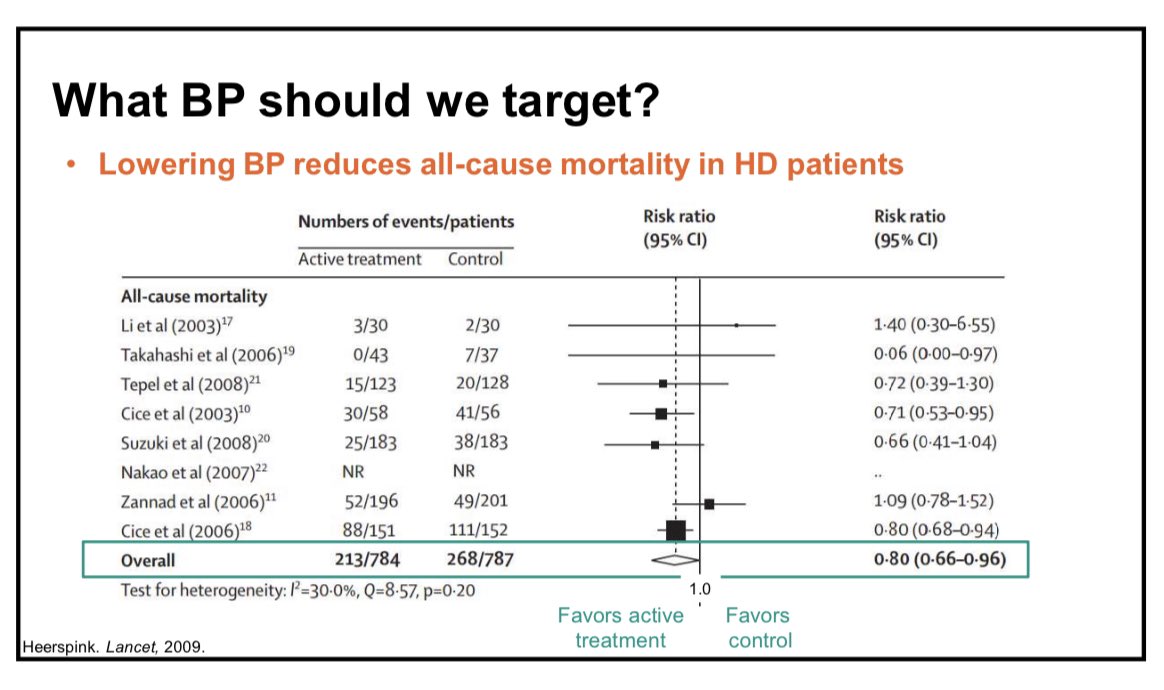
And Doc Hudson showed up! #eyesondesign 





Why would you want a race car with an automatic transmission?
So the driver can operate the aerodynamics with their left foot.
Wait…what?


So the driver can operate the aerodynamics with their left foot.
Wait…what?



• • •
Missing some Tweet in this thread? You can try to
force a refresh
















